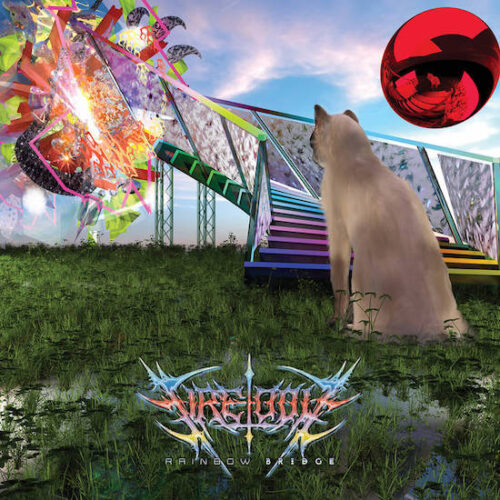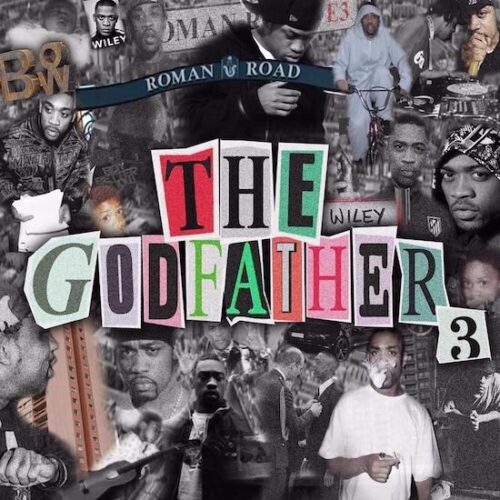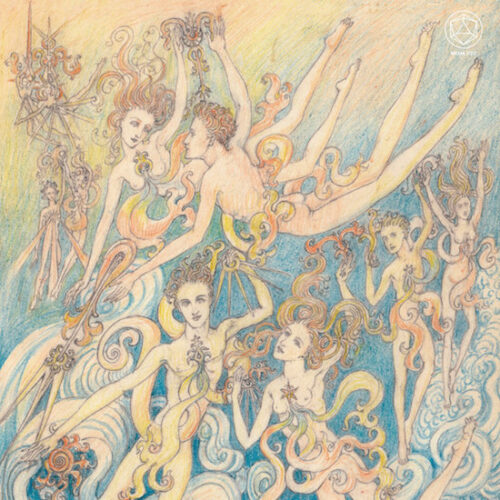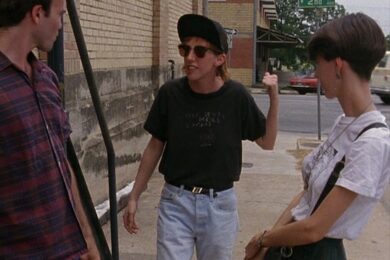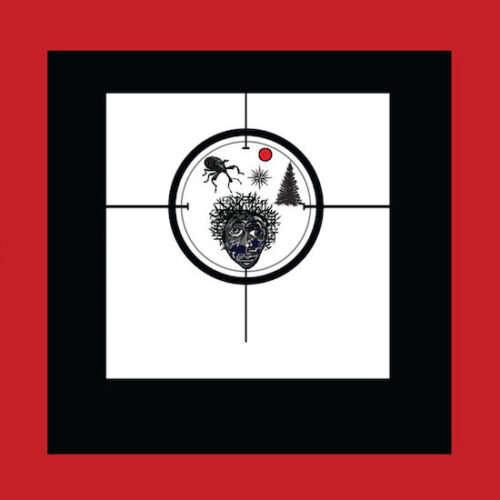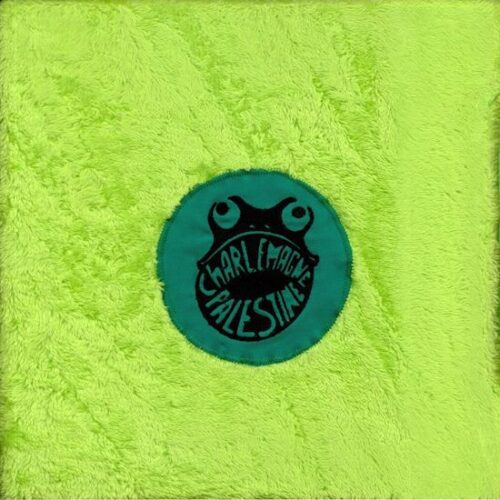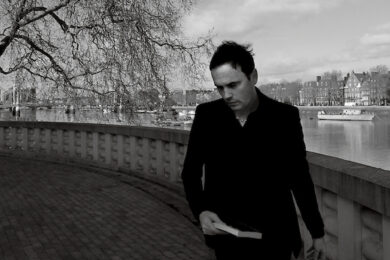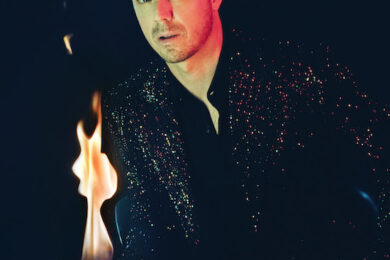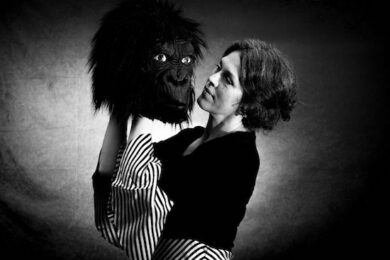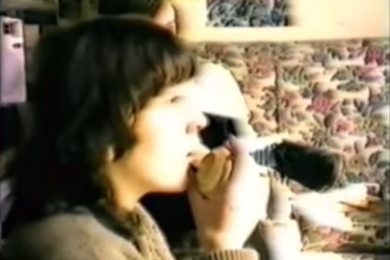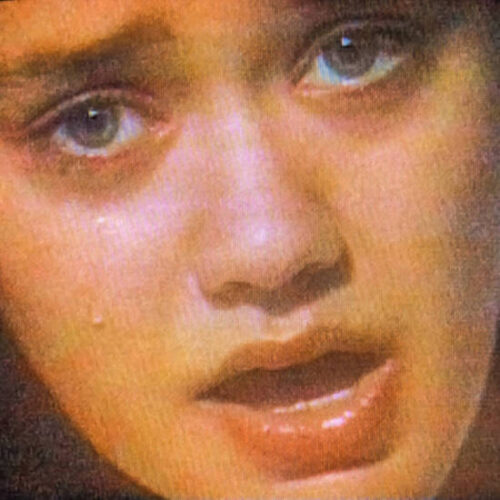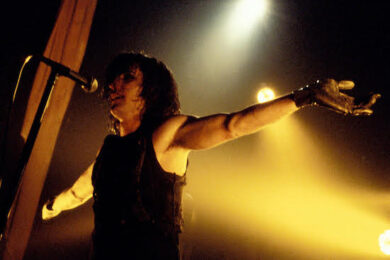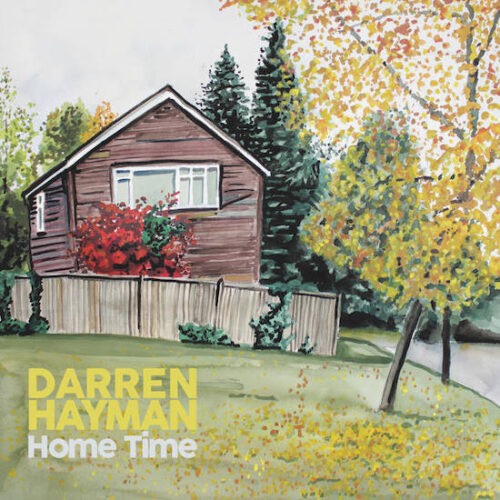


All Latest
Catch up on our latest writing.
Why Monuments Are More Than Racist Symbols, By Algiers
Algiers grew up in the shadow of Stone Mountain, a giant memorial to Confederate military leaders built as late as the 1970s. Here, the group's Ryan Mahan explains how it inspired their music and why we have to look at the structures behind the symbolism of monuments

Meeting Of Memories: An Interview With Land Trance
Andrew PM Hunt and Benjamin D. Duvall, two of Merseyside's finest and most forward-thinking musicians, have collaborated for the first time after fifteen years' of friendship in dizzying and heavenly duo Land Trance. They speak to Patrick Clarke about their their spectacular debut album

A Babylonian Tower: Marc Hollander’s Favourite Music
Marc Hollander's Aksak Maboul have released one of the albums of the year and his Crammed Discs label have consistently provided a wide-ranging soundtrack to the globe. He guides David McKenna through favourite albums in this week's Baker's Dozen

The Strange World Of… Deerhoof
As they release their fifteenth album Future Teenage Cave Artists, Deerhoof take Patrick Clarke on a freewheeling ride through ten highlights from their career, from doing laundry halfway through a gig to the remote island school that set a ballet to their music

An Exactly Drawn Dawn: How Factory Revolutionised Record Design
In an exclusive extract from the new book, FAC 461 Factory Records: The Complete Graphic Album, label co-founder Tony Wilson reflects on what made the look of Factory Records so outstanding and how the Happy Mondays managed to offend Genesis P. Orridge

A New Hope: How ‘X-Men’ Sparked The Superhero Genre
Twenty years on from the release of X-Men, it’s hard to imagine a time when comic book films weren’t box office gold. When the genre was on life support, Wolverine and co. showed how to bridge the gap between hardcore fans and casual viewers, finds Frederick O'Brien

Build, Connect, Educate: Why The UK Needs To Examine Its Own Racism
For every George Floyd, Breonna Taylor and Trayvon Martin, there's a Rashan Charles, Sean Rigg, Cynthia Jarrett or Mark Duggan. Police brutality and racism against the black community is not just a uniquely American travesty



